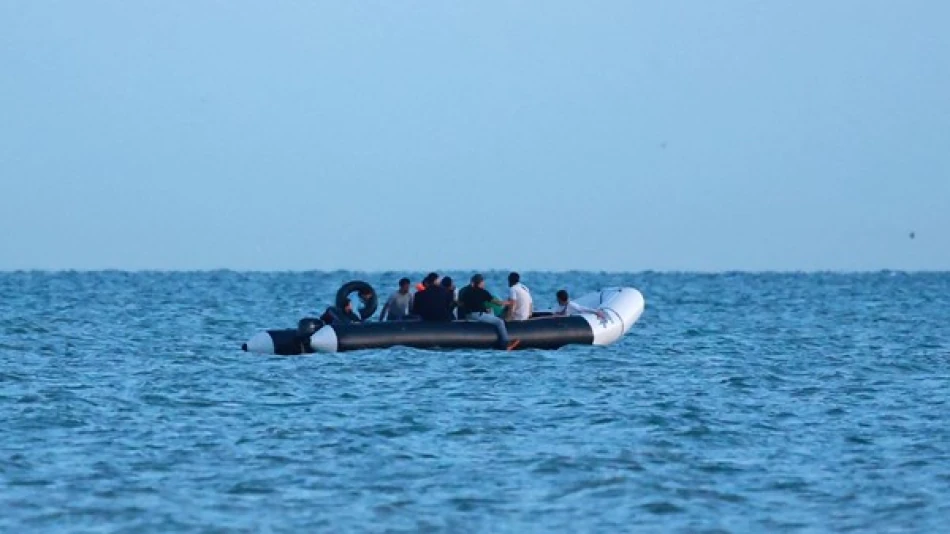
UK: France Thwarts Over 500 Small Boat Channel Crossings in 2022
France Blocks Half of Small Boat Crossings as UK Unveils Tougher Border Strategy
French authorities have intercepted nearly 500 attempted small boat crossings to the UK this year, preventing over half of all migration attempts across the English Channel. The revelation comes as Britain announces a new bilateral agreement with France to deploy specialized enforcement units with enhanced powers to tackle increasingly violent smuggling operations along French coastlines.
The Numbers Behind the Channel Crisis
UK Home Secretary Yvette Cooper told Parliament that French police successfully blocked approximately 496 crossing attempts in 2024, while 385 boats managed to reach British shores. This 56% interception rate represents a significant enforcement effort, though it also highlights the scale of migration pressure facing both nations.
The statistics reveal the persistent nature of the Channel crossing phenomenon that has dominated UK-France relations since 2018. What remains unclear is whether these blocked attempts were stopped before departure, intercepted at sea, or prevented through other means such as boat seizures from storage facilities.
Criminal Networks Adapt with Dangerous New Tactics
Cooper described how smuggling gangs have evolved their operations in response to increased enforcement pressure. Criminal organizations are now deliberately overcrowding boats to maximize profits per crossing and loading passengers in shallow waters to exploit French legal restrictions that limit police intervention in certain maritime zones.
The Home Secretary painted a grim picture of "horrific scenes" involving people climbing aboard overcrowded vessels in shallow waters, while French police face "appalling violence" from smuggling gang members. This escalation reflects a broader pattern seen in migration routes worldwide, where increased enforcement often leads to more dangerous crossing methods rather than deterring attempts entirely.
A New Enforcement Strategy Emerges
The latest UK-France agreement establishes a specialized French enforcement unit with enhanced public order powers specifically designed to counter the rising violence on French beaches. This represents a significant upgrade from previous cooperation arrangements, acknowledging that standard policing methods have proven insufficient against organized criminal networks.
Cooper outlined five strategic pillars for addressing small boat crossings, including border reinforcement and tackling illegal employment - the latter being crucial since job opportunities remain a primary pull factor for migrants willing to risk dangerous Channel crossings.
Market and Policy Implications
This enhanced enforcement cooperation signals both governments' recognition that the small boat issue requires sustained, coordinated investment rather than quick fixes. For the UK's new Labour government, demonstrating progress on Channel crossings is politically essential, while France benefits from increased UK funding for its coastal security operations.
The 56% interception rate, while substantial, also indicates that current measures still allow nearly half of attempted crossings to succeed. This partial success rate may actually encourage more attempts, as migrants and smugglers calculate that odds remain favorable despite increased enforcement.
Looking Beyond Short-term Enforcement
The focus on specialized enforcement units and enhanced powers suggests both governments are moving away from the assumption that the small boat phenomenon will naturally diminish. Instead, they're building long-term institutional capacity to manage what appears to be an enduring challenge.
However, the adaptation of criminal networks to exploit legal loopholes - such as French restrictions on maritime intervention - demonstrates the limits of enforcement-only approaches. Without addressing root causes of migration or creating legal pathways for asylum seekers, the Channel crossing issue is likely to remain a persistent source of bilateral tension and humanitarian concern.
Most Viewed News

 Layla Al Mansoori
Layla Al Mansoori






